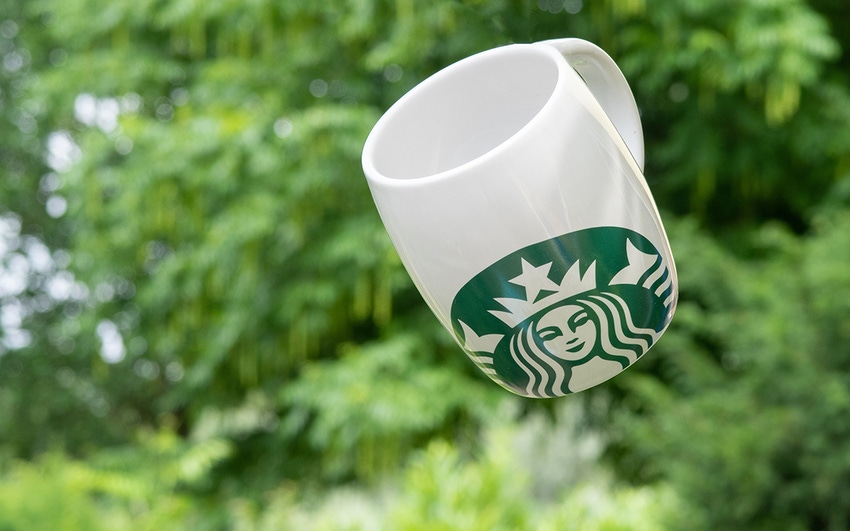The company is launching Starbucks FoodShare in Canada, a global food donation program to provide nourishing meals to those in need.

Starbucks Canada announced the launch of Starbucks FoodShare, a national effort to provide nourishing, ready-to-eat meals to people in need. The company said it is making a commitment to rescue 100 percent of food available for donation from its more than 1,100 company-owned stores.
Building on a successful pilot with Second Harvest, the largest food rescue organization in Canada, the program will launch in Ontario starting with more than 250 stores in the greater Toronto area by February 22. Starbucks is actively working to expand the program to even more cities and provinces, with a goal to have a national solution in place by 2021.
“Wasted food is a wide-scale problem for everyone in the food business, while more than 4 million Canadians are impacted by hunger,” said Luisa Girotto, vice president of public affairs for Starbucks Canada, in a statement. “This is unacceptable, and we will help solve this now that we have a way to safely donate chilled, perishable food, while preserving its quality.”
Starbucks added it has invested in research and quality assurance testing to develop a sector-leading program to safely donate chilled and perishable food to those in need. Now, items like breakfast sandwiches, paninis, protein boxes, salads, yogurt, milk and dairy alternatives like soy and coconut can be safely donated and enjoyed by those who need it.
Starbucks FoodShare has identified guidelines and developed training on maintaining the temperature, texture and flavor of this food. In addition, Second Harvest will work with local community groups across the province that will collect the food to ensure these food safety standards are met.
“We’re thrilled to partner with Starbucks to support food recovery in local neighborhoods to ensure people have the food they need to be healthy while also making a positive impact on the environment,” said Lori Nikkel, CEO of Second Harvest, in a statement. “We all have a part to play in reducing the social and environmental costs of food waste and it’s great to see Starbucks taking a leadership role.”
In addition to combatting hunger, the program will divert food surplus from landfills, helping to minimize the company’s environmental footprint. In Canada, it is estimated that nearly 60 percent of all food produced is lost and wasted annually. To limit the effects of climate change, the United Nations has set a target of halving food loss and waste by 2030.
About the Author(s)
You May Also Like


